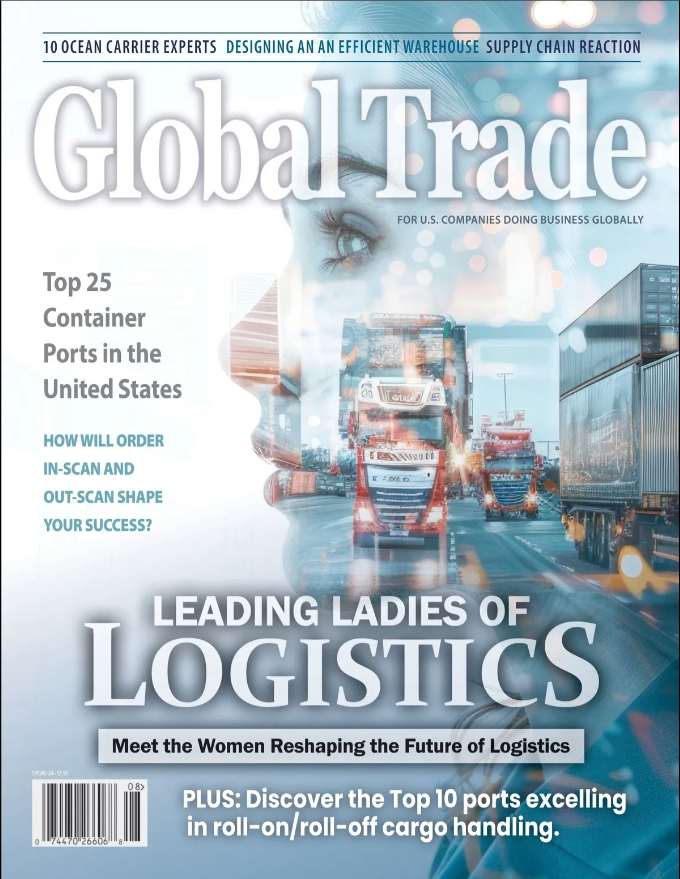How AI is Enhancing Supply Chain Performance
The COVID-19 pandemic has forced many supply chains throughout the world to collapse. This reminds us that over the years, the world has become extremely interconnected — a global village — and supply chains have grown in complexity almost exponentially.
But as businesses emerge from the devastating effects of the pandemic, one thing is clear, software, digitization, and automation will be the cornerstones of future development, and companies must incorporate these into their business structures to build resilience, weed out inefficiencies, and prepare well for the next disruption.
Intelligent project management software like pmo365 has already begun to automate and digitize the business world, allowing senior executives to monitor company resources and projects effectively. But another area where business software is making giant leaps is in improving supply chain performance via artificial intelligence.
Areas where AI can optimize supply chains
When we think about supply chains, we tend to focus on the physical (and more visible) aspects, such as transportation, transformation, and storage and warehousing of materials. But underlying these physical flows, are certain processes and information flows that are equally important for the integrity and flow of a supply chain.
Because modern supply chains are so complex, information needs to flow back and forth between various people and organizations at an alarming speed to coordinate the activities of the day and ensure the successful running of the chain.
Risks need to be predicted, potential hurdles identified, and decisions must be taken fast. All this depends on effective communication and intelligent software, and this is where AI can enhance supply chains.
In addition to information flows, AI can also power (and improve) the various processes that make up a supply chain. By automating iterative tasks, identifying inefficient processes, and providing supply chain professionals crucial predictive data, AI can shift the focus of the human workforce towards more complex and strategically important tasks.
So let’s take a look at some benefits of AI use in supply chain management.
Benefits of AI in supply chain management
AI prevents stocking of unwanted inventory
Because of AI’s ability to process huge amounts of data, identify trends, and take into account recent world events, companies are now using AI to study consumer habits and the ups and downs of seasonal demand.
This allows companies to prevent stocking unwanted inventory, which is not only a waste of space but also means the customers are not getting what they want, which really translates into a loss of revenue.
Inventory management is an overall complex process, with many aspects like order processing and packing involved. Companies strive for accurate inventory management because it prevents understocking, overstocking, or sudden stock-outs in unpredictable circumstances, all of which could translate into hefty costs.
AI can automate various processes in inventory management, reducing the risk of error, and providing valuable predictive data on supply and demand. This can turn the slow and sluggish animal of inventory management into an intelligent and efficient beast!
AI-backed decisions are better
Given the complexity of modern supply chains, it’s no surprise that supply chain professionals are often faced with difficult decisions. Huge amounts of data to sift through and limited end-to-end visibility makes these decisions even more difficult and risky.
Supply chain optimization software integrated with AI allows machines to analyze large amounts of data and detect patterns that are hard for humans to see. AI can then offer actionable insights to professionals, allowing them to make AI-backed decisions, and make them fast and at the right time. This can have a major impact on the overall efficiency of a supply chain.
AI improves fleet management
Managing large fleets is a difficult task. Fuel costs, labor issues, and unexpected bottlenecks can lead to significant fleet downtime, which negatively impacts delivery times and disrupts the supply chain.
Fleet managers often find themselves struggling to make the correct use of large amounts of data that comes in from a large fleet. With AI, fleet managers can gain a greater insight into their fleet than they ever had before.
With real-time tracking and intelligent use of weather and traffic data, AI can provide fleet managers valuable information about the optimal time, place, and date for a particular delivery to be made. AI can also detect bottlenecks and work its way around them, reducing unplanned fleet downtime and eliminating fuel inefficiencies. All of this translates into an effectively managed fleet, which is crucial for the uninterrupted running of the supply chain.
AI enhances workplace safety
Warehouses are important to supply chains, and it’s crucial for companies to provide a safe working environment for workers in a warehouse.
AI enhances warehouse safety in two ways. First, it improves the overall management and planning in a warehouse, which in turn makes it safer to work in.
Second, AI can record stocking parameters and analyze data related to workplace safety. This analysis can be turned into actionable insights for operators, allowing them to take timely decisions and be proactive about maintenance. Both of these factors play an important role in making warehouses safer!





Leave a Reply